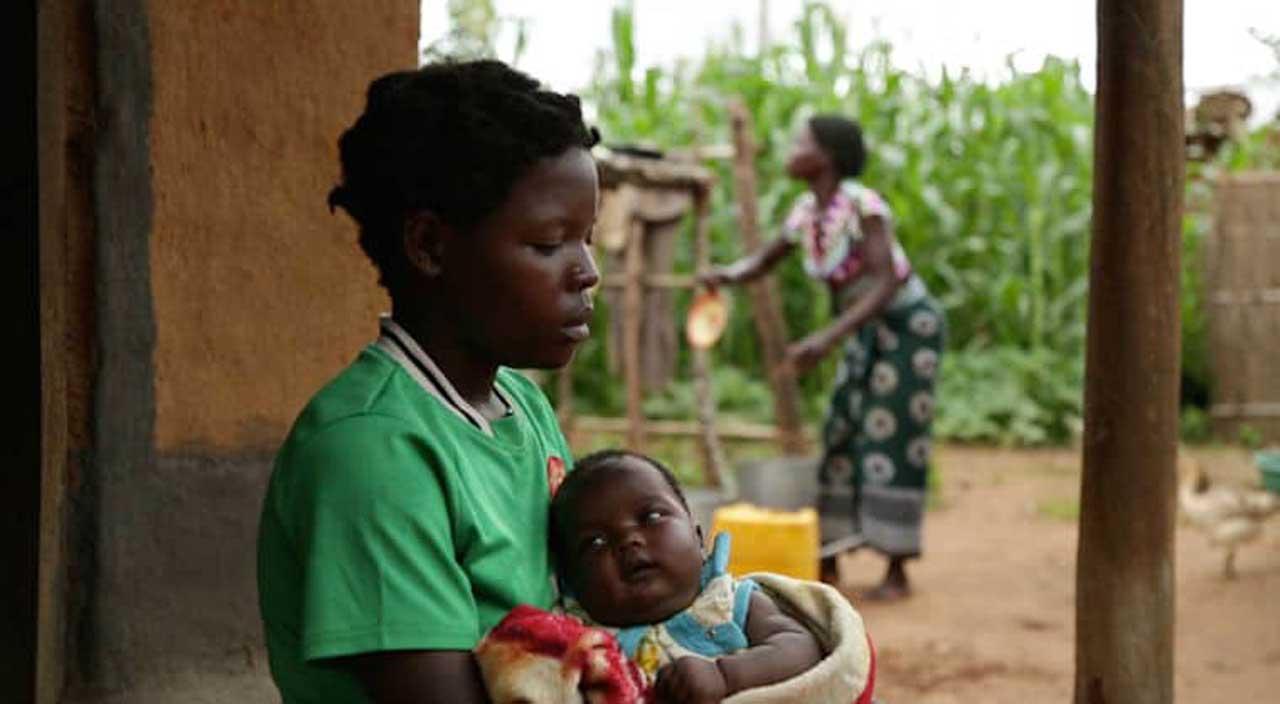
Nigerians joined the global community, yesterday, in bringing to the fore issues confronting the girl child, in commemoration of the International Day of the Girl Child.
The theme of this year’s Day is ‘Digital generation. Our generation.’
In commemoration, a new analysis released by Save the Children International (Nigeria) revealed that over 22,000 girls die yearly from pregnancy and childbirth resulting from child marriage.
With the highest rate of child marriage in the world, West and Central Africa accounts for nearly half (9,600) of all estimated child marriage-related deaths globally, or 26 deaths a day. The regional teenage maternal mortality rate is four times higher than anywhere else in the world.
According to a statement by Kunle Olawoyin, Media and Communications Manager, Save the Children International (Nigeria), South Asia sees 2,000 child marriage-related deaths every year (or six every day), followed by East Asia and the Pacific with 650 deaths (or two every day), and Latin American and the Caribbean, with 560 yearly deaths (or nearly two a day).
Although nearly 80 million child marriages globally have been prevented in the last 25 years, progress had stalled even before the COVID-19 pandemic, which has only worsened inequalities that drive child marriage. With school closures, health services under strain or closed, and more families being pushed into poverty, women and girls face an increased risk of violence during lengthy lockdowns. A further 10 million girls are now expected to marry by 2030, leaving more girls at risk of dying.
This was as AIDs Healthcare Foundation (AHF) attributed the escalating number of HIV infections and sexual-based violence among young girls to lack of access to education for the girl child.
AHF, Director of Advocacy, Policy and Marketing, Kemi Gbadamosi, who disclosed this in Abuja, said the girl child cannot negotiate her rights unless she is exposed to the right information.
Gbadamosi urged the government to create laws that challenge social vices, child marriage, child labour, and gender-based violence.
On her part, Minister of Women Affairs, Pauline Tallen (represented by Adekunle Balogun), said the ministry understands the gender inequality in the society. She regretted that the problem is permitted by society through religious and cultural beliefs.
She noted, however, that states have been directed to set up a child right implementation committees to educate the society on the girl child’s right to education. “We are in the final stages of gender policy. The last time it was reviewed was in 2005. We intend to go further by reviewing child policy to balance the inequality in gender,” she added.
Similarly, a non-governmental organisation, Mother’s Love Initiative, noted that students are more likely to have academic success if they are not hurried through early childhood by parents who overestimate their competence and over-expose them to academic pressures.
Legal adviser of the group, Uchechukwu Michael Ginika, said the concept of rushing a child permeates the entire fabric of the society and manifests itself in diverse ways through heightened domestic roles, undue academic expectations, child labour, and child marriage.
In the same vein, President, Anchor International Outreach Ministry, Dr. Bolarinwa Michael Omotosho, expressed displeasure at the alarming rate of abuse faced by the girl child in Nigeria.
He disclosed this while announcing the Anchor International Care’s Next-Generation Leaders Mega Youth Summit, 2021 to mark the International Day of the Girl Child.
In Kano State, Governor Abdullahi Umar Ganduje marked the day by symbolically handing over the mantle of leadership to 14-year-old Atika Aminu Yankaba for one hour.
The teenager called for policies to reduce marginalisation and violence against the girl child in Kano. She also demanded the refurbishment of public schools.
At the Federal Ministry of Education, Minister of State, Chukwuemeka Nwajiuba, also stepped aside for 14-year-old Miss Dorcas Joshua from Adamawa State, who urged government to bridge the “huge gender divide in access to digital literacy”.
In Delta State, the wife of the state governor, Dame Edith Okowa, reiterated the call for improved access to digital technology for the girl child. “Technology is the way forward. It is an enabler. Sit down in your room and control your world positively,” she declared during a ceremony in Asaba, the state capital.
In a statement, her Edo State counterpart, Mrs. Betsy Obaseki, urged girls to harness opportunities provided by online to achieve their goals in life, adding: “On my part I will continue to create and support improved platforms that address and counter gender inequality, the most recent being the Betsy Obaseki Women Football Tournament.”



